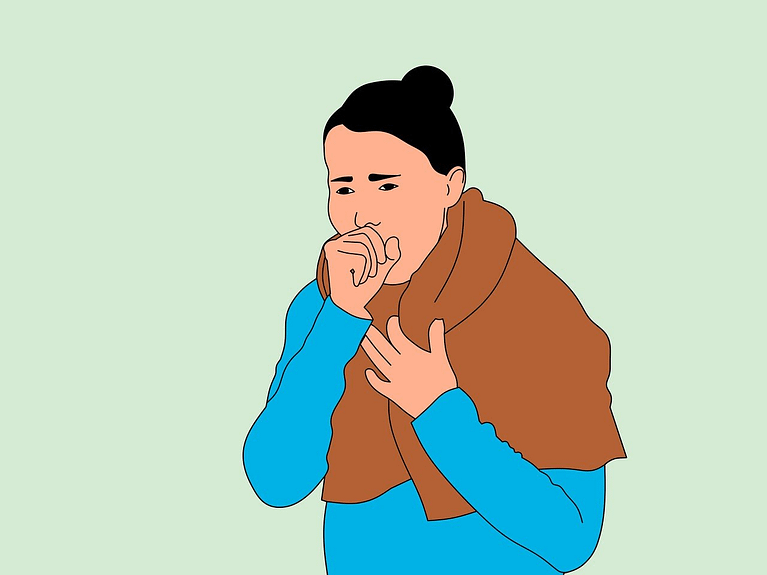Cruise ships offer unique opportunities for travelers to visit multiple countries within the same trip and are growing increasingly popular.
Because of the mode of travel, cruise ships also present unique health risks for the passenger and crew. In particular, air and food-borne diseases can pass rapidly in crowded spaces. Crew members often hail from multiple countries and cruise ships do not always enforce vaccination and screening before hiring workers. Subsequently, disease outbreaks such as varicella (chicken-pox) and measles are known to occur on cruise ships.
Additionally, excursions at multiple ports in various geographies presents opportunities to encounter different diseases that may not be found in a single country. For example, malaria transmission may be a concern in one port of call but not at the next, making it difficult to determine your overall risk for exposure.
Some cruise itineraries require the Yellow Fever vaccine to prevent the spread of this dangerous mosquito disease from one country to another. If your travel plans include Panama, South America, or regions in Africa, it’s best to check with your cruise line for the most current requirements. The Yellow Fever vaccine is recorded in the CDC “Yellow Book” and should be kept with your Passport since you may have to show proof to disembark at certain ports after visiting a country with risk of Yellow Fever disease.


GI Illness & Norovirus
Acute gastroenteritis is also known as the “stomach bug” or traveler’s diarrhea. The most common cause for gastrointestinal (GI) illness on cruise ships is from norovirus. This virus is easily spread from person-to-person or from common touch surfaces like handrails and door handles. Additionally, tiny particles of the virus can enter food and beverages from a sick person during food preparation or between passengers sharing utensils at a buffet.
Inflammation of the stomach and intestines often leads to vomiting, diarrhea, and nausea. The best treatment for norovirus is rest and re-hydration with fluids. Avoid sugary drinks like soda and juice. Instead, choose low sugar electrolytes mix or oral hydration salts.
The CDC requests cruise ships report the number of passengers and crew that become sick from GI illness and keeps a public log of outbreaks. At the time of this blog post, there have been 13 outbreaks of Norovirus in 2023! Learn more about norovirus prevention and treatment from the CDC.
Respiratory Illness Including Flu and COVID
Entertainment abounds on a cruise ship, however, this often involves large gatherings at indoor spaces putting you at increased risk of an air-borne illness getting you sick. It’s no surprise then, that the number 1 illness reported on cruise ships is a respiratory infection. You reduce your risk of infection by vaccinating pre-travel with the latest flu and COVID vaccines. Some cruise ships may require vaccination as a prevention strategy, because it’s good for you, their business, and their crew!
Keep in mind, that while cruise ships do have a medical clinic, they often have limited resources and if you become severely ill such as trouble breathing, you will be transferred off the ship to a medical facility. Illness and treatment on board also may not be covered by your health plan.
Legionnaires’ Disease and Cruise Ships
Legionnaires’ disease is less of a risk than other respiratory illnesses because it it not commonly spread person-to-person. Instead, sickness occurs when you breathe in the bacteria from warm or hot water particles in the air such as hot tubs or saunas. There is no vaccine to prevent Legionnaires’ Disease.
In the last decade, the number of cases has decreased due to improvement in water disinfection and standard cleaning practices in areas where the bacteria is most likely to grow. If infection occurs, most cases can be treated, however, some people do develop pneumonia and require hospitalization.
